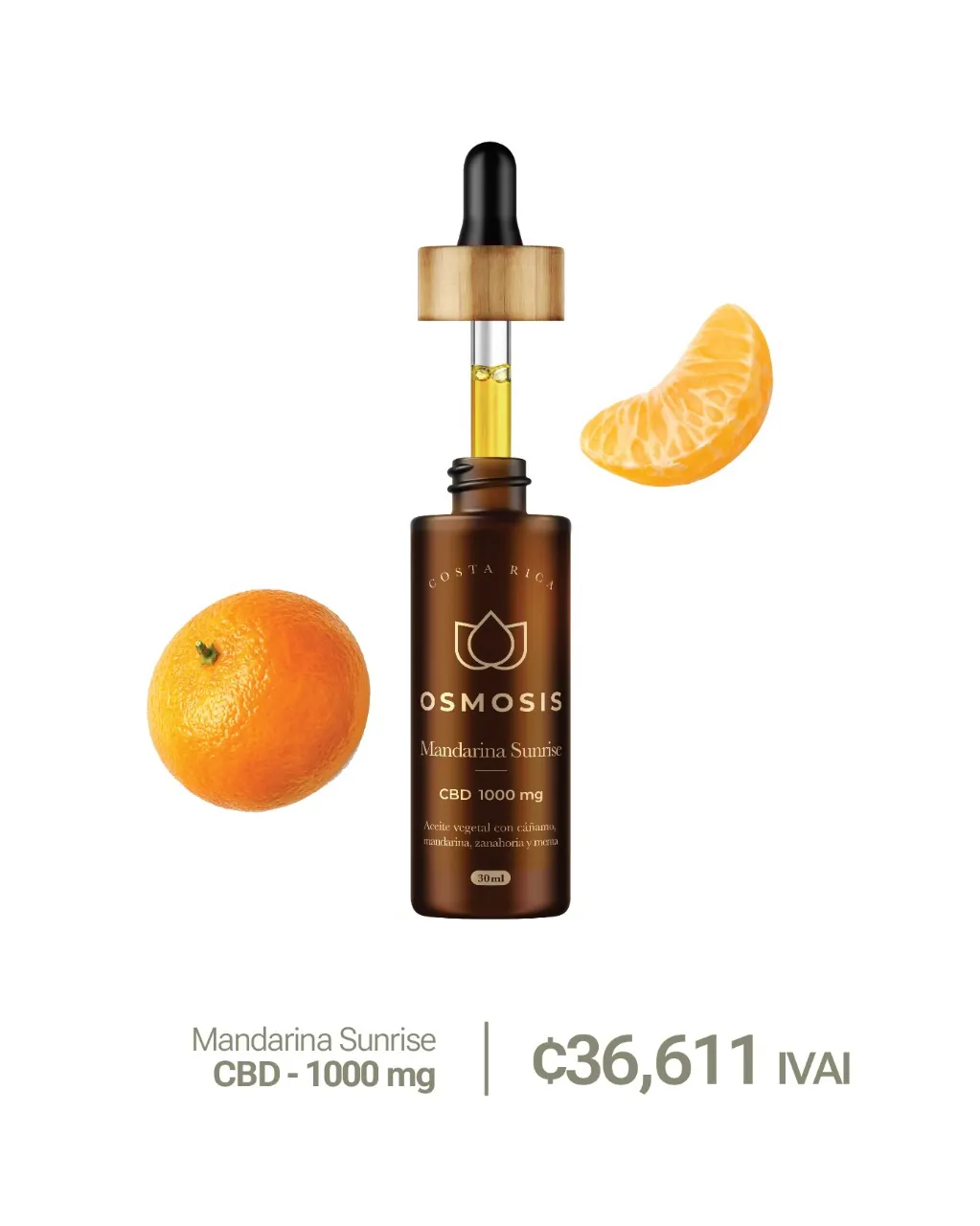Cannabigerol (CBG), a non-psychotropic phytocannabinoid found in Cannabis sativa plants, has recently taken center stage in scientific research for its potential therapeutic properties. A groundbreaking study delves into the impact of CBG administration on sphingolipid deposition in the livers of insulin-resistant rats, shedding light on a novel approach to managing metabolic disorders, particularly insulin resistance.
Sphingolipid metabolism plays a crucial role in insulin signaling and the development of insulin resistance. By focusing on this intricate process, researchers aimed to unravel the therapeutic potential of CBG in addressing metabolic disorders.
“The study utilized a rat model of insulin resistance induced by a high-fat, high-sucrose diet (HFHS) to examine the effects of intragastrically administered CBG on hepatic sphingolipid deposition and metabolism”, study says.
Contrary to expectations, the results revealed no significant changes in the enzymes associated with the de novo ceramide synthesis pathway. However, there was a noteworthy increase in the expression of enzymes involved in ceramide catabolism. This finding was further corroborated by observed changes in hepatic sphingomyelin, sphinganine, sphingosine-1-phosphate, and sphinganine-1-phosphate concentrations.
In conclusion, the study suggests that CBG treatment has the potential to modulate sphingolipid metabolism in the liver and plasma.
“This modulation could play a crucial role in protecting the liver against the development of metabolic disorders, particularly insulin resistance. These findings open new avenues for future research and the development of targeted therapeutic interventions.”





